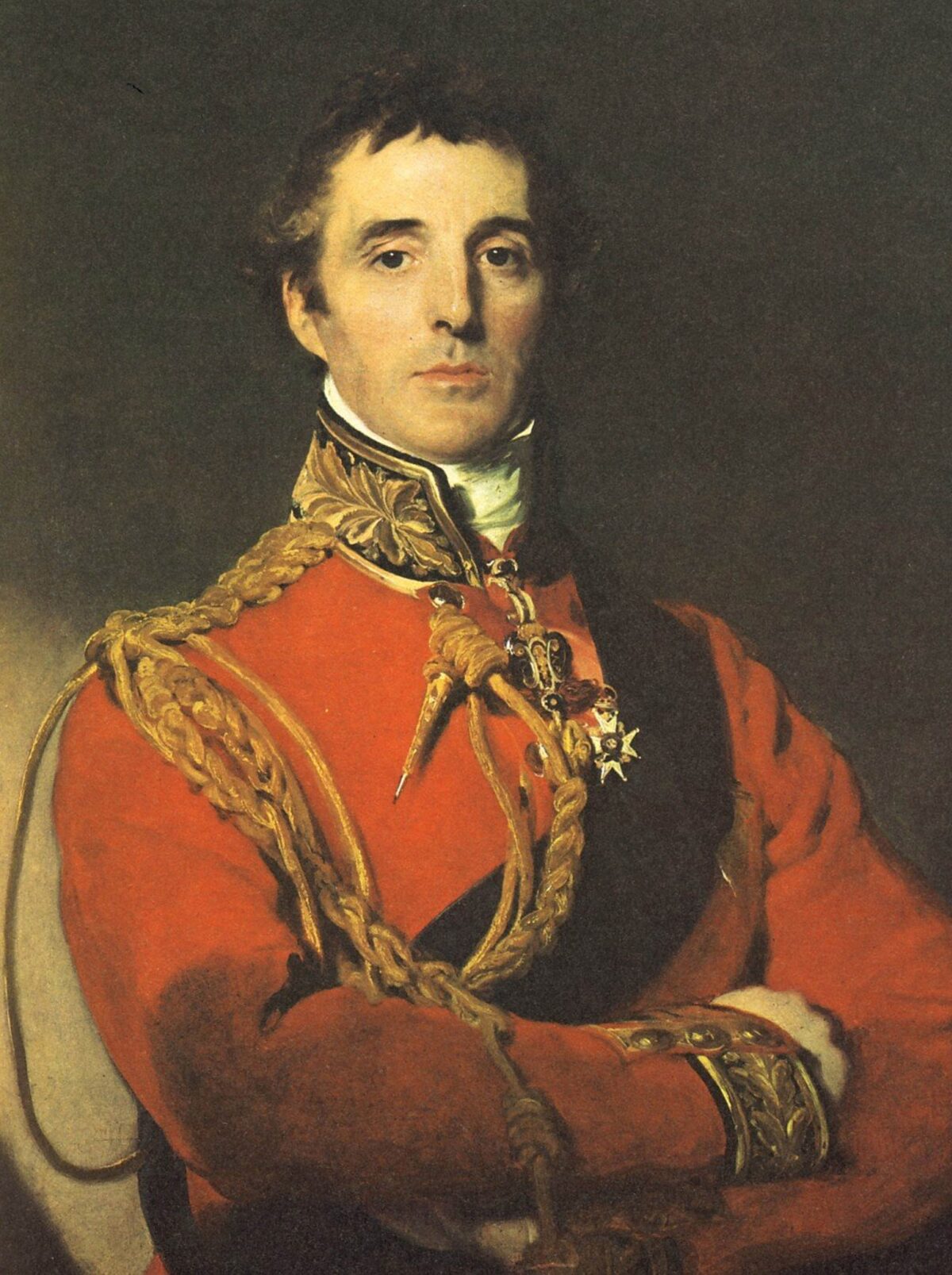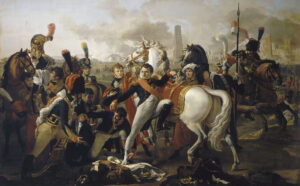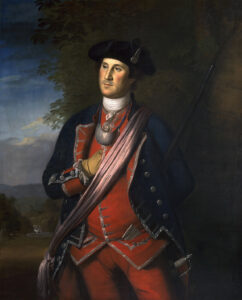In Volume 64 in the Campaigns and Commanders Series, How J. Davies, Deputy Dean of Academic Studies at the Joint Services Command and staff college in Shriverman, examines the British gathering and use of military intelligence in the Iberian Peninsula during the Napoleonic wars. According to the author, British success on the Peninsula depended not only on the staff of trusted officers that General Arthur Wellesley, Duke of Wellington assembled around him—the likes of George Murray, Rowland Hill, and John Colborne, among others—but how he used the information passed to him by military spies and by political agents run by the British ambassadors in Spain and Portugal. At Sorauren on July 27, 1813, for example, Wellington was informed that the route by which his reinforcements might have marched had been cut off by Marshal Jean de Dieu Soult’s French army. In response, he swiftly found an alternative route and was thus able to turn the battle in his favor.

The Napoleonic Wars saw the British intelligence service’s budget rise from 40,000 to 100,000 pounds sterling. Some of their schemes on the Continent were utter failures. All attempts to assassinate Emperor Napoleon or to undermine the French army’s faith in the Emperor failed. The only thing in which they succeeded was to keep a number of constabulary police battalions engaged in counteractivities rather than on the first line.
On the Peninsula, however, clandestine affairs turned out better for the British. One factor behind that was that with so few crossing points into Spain, it was relatively easy to observe French reinforcements crossing the border. Second, the animosity the Spanish population held for their occupiers meant that the British could rely on local support whereas the French could not. Nevertheless, intelligence alone could not guarantee success. It also depended upon how a commander like Wellington could balance the uncertainties of intelligence with the certainties of his own intuition. Enthusiasts of the Napoleonic wars will find this brilliant book extremely useful toward understanding how Wellington achieved his legendary record of success.





